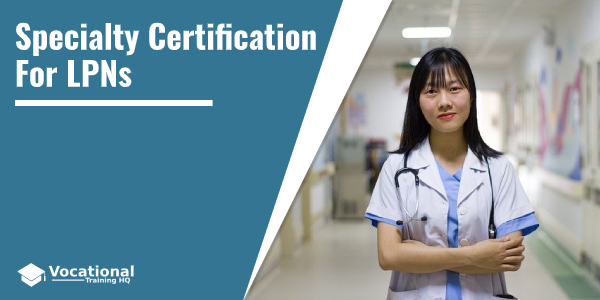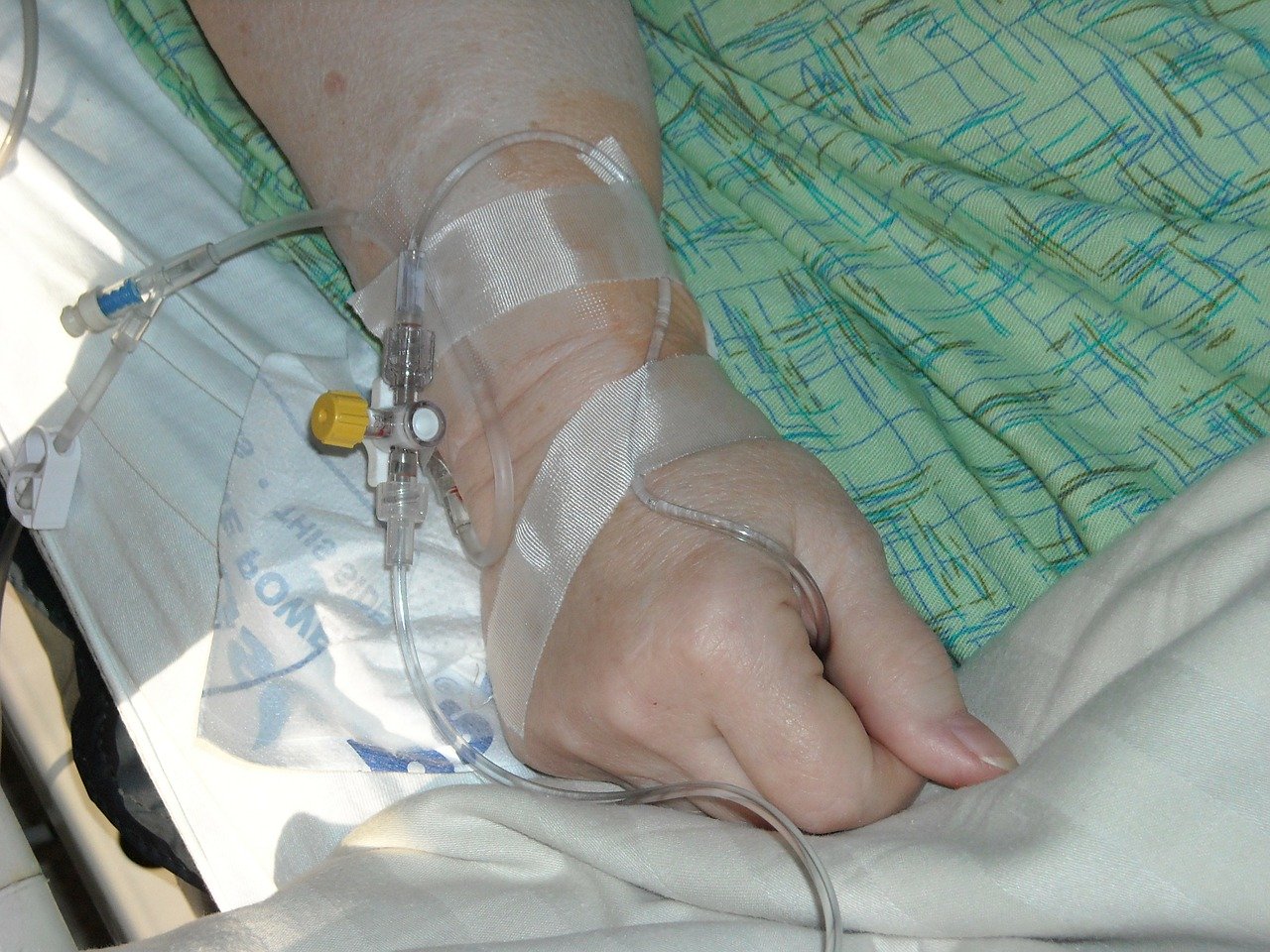Licensed Practical Nurses (LPNs) are an essential part of a healthcare team.
They collect significant data that is used to create a treatment plan for patients and serve as eyes and ears for physicians and RNs.
The duties of LPNs are essential and include:
- Taking vital signs.
- Assisting and promoting mobility.
- Administering medications.
- Dressing changes/wound care.
LPNs can perform more functions than just basic nursing tasks.
They can also get certified in particular specialties.
A few certifications are available through the National Association of Practical Nurse Education and Service (NAPNES).
IV Therapy Certification
In some states, you can complete the IV education during the LPN program.
With such programs, LPNs can sit for the certification examination.
In other states, special IV therapy courses are available.
LPNs certified in IV therapy are competent in:
- Understanding the pharmacology aspect of IV therapy.
- Venipuncture.
- Operating IV pumps and equipment.
- Identifying the role of fluid and electrolyte imbalance in homeostasis.
- Calculating flow rate of infusions.
- Demonstrating knowledge of the different IV fluids.
- Identifying potential complications from IV therapy.
LPNs should keep in mind that every state has individual laws concerning the scope of practice, and they should be aware of them, see more info about LPNs by state here.
Long-Term Care
This certification is a substitute for the former Gerontology Certification, according to the NAPNES.
LPNs are competent in specialized patient care across the lifespan and treatment of chronically ill patients, including the following concepts:
- Anatomy/Physiology review.
- Skills in geriatric and long-term care nursing.
- Therapeutic/modified diets.
Pharmacology
The certification in pharmacology for LPNs shows that they are competent above the minimum standards that the licensure requires.
The skills include:
- IV fluid rates.
- Mechanism of action.
- Medical math.
- Procedures for administration.
- Dosage Calculations.
- Expected side effects.
- Medication assessment.
- Safety precautions.
- Drug classifications.
- Adverse and allergic reactions.
LPNs and other healthcare staff can be certified by a variety of organizations, including the following specialties:
- Hospice.
- Urology.
- Research.
- Wound Care.
- Breastfeeding Support.
- Nephrology.
- Cardiac Catheterization.
- Corrections.
Depending on the facility, other types of certification may be required to get employed.
Additional certifications may include:
- Pediatric Advanced Life Support (PALS).
- Basic Life Support (BLS).
- Pediatric Emergency Assessment and Stabilization (PEARS).
- Advanced Cardiac Life Support (ACLS).
- Neonatal Advanced Life Support (NALS).
The list above includes a variety of specialty certifications.
LPN who wish to work in a specific field can acquire certifications, which will also help with the job hunt.
With specialty certifications, LPNs can become leaders in the field as well.
Learn more on how to become an LPN >>
Read the full guide: How to Become a Licensed Practical Nurse


